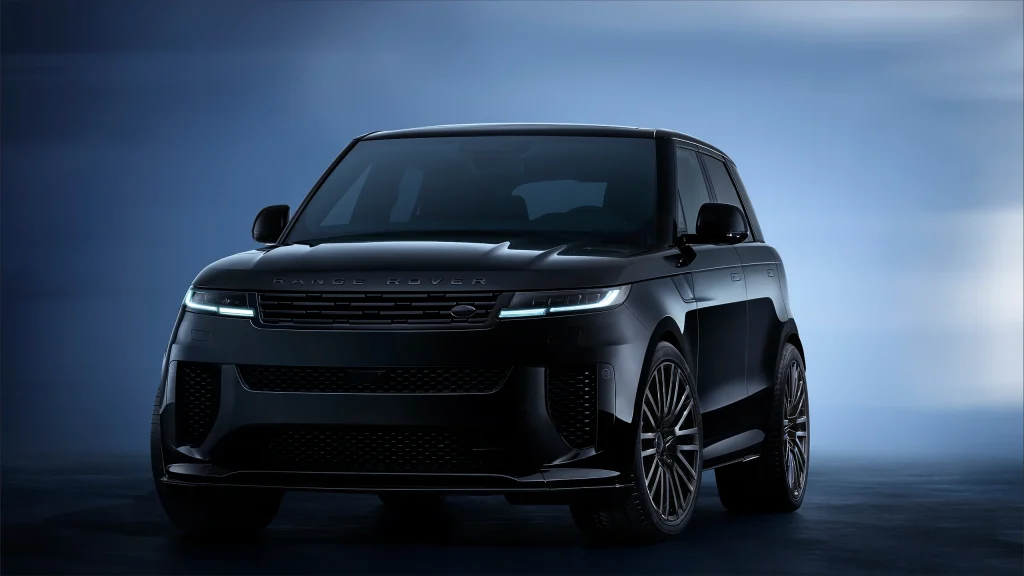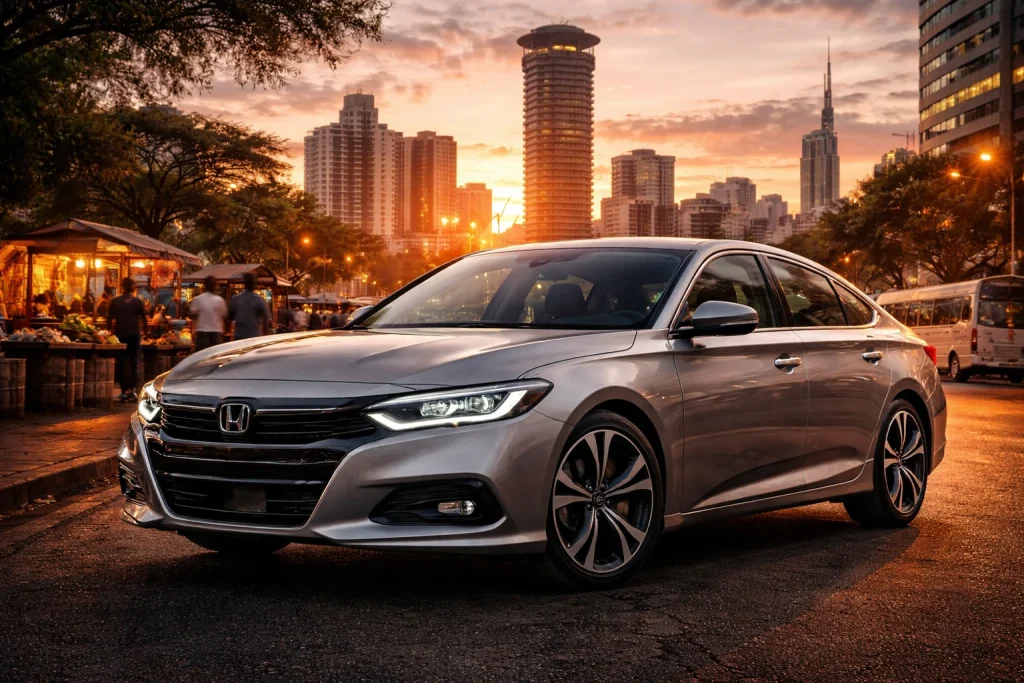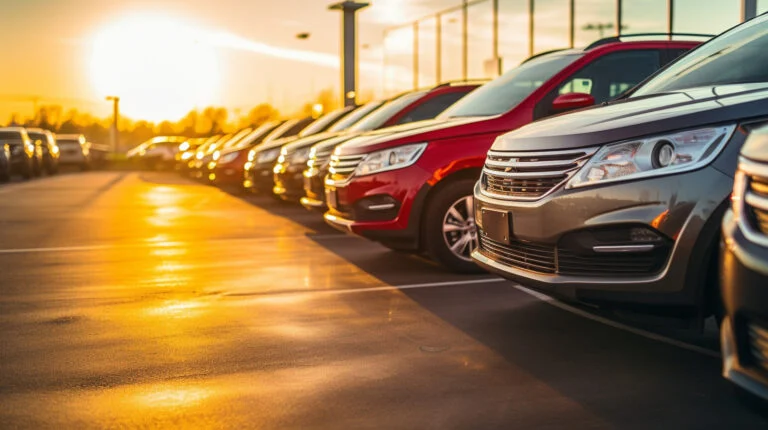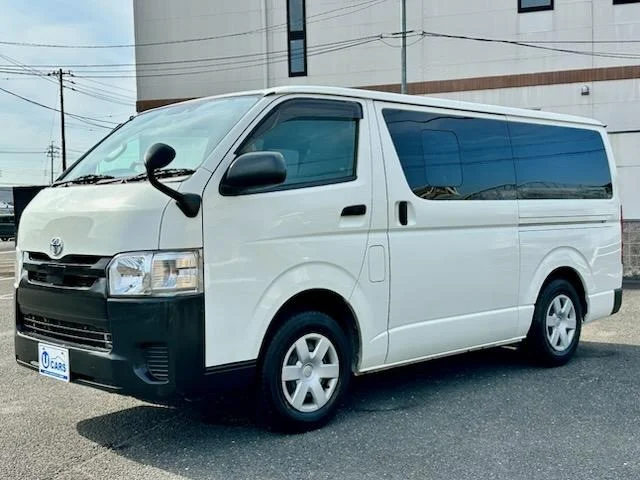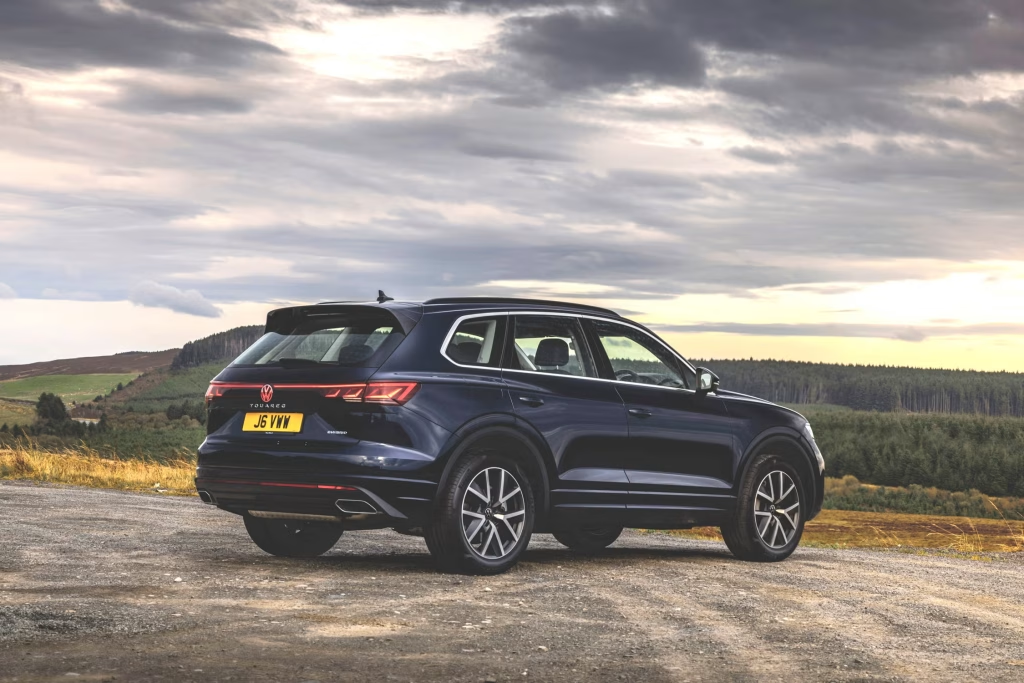The Kenyan automotive industry is experiencing a major shift, with hybrid cars becoming an increasingly popular choice for car buyers. Rising fuel costs, traffic congestion, environmental concerns, and government incentives are driving more Kenyans to embrace hybrid vehicles as a cost-effective and eco-friendly solution.
As the world moves towards sustainable transportation, hybrid cars offer the perfect balance between fuel efficiency and performance. This article explores why hybrid cars are the future of the automotive industry in Kenya, their economic and environmental benefits, and how they compare to conventional petrol and electric vehicles (EVs).
1. Understanding Hybrid Cars: What Makes Them Special?
A hybrid car is a vehicle that combines a traditional internal combustion engine (ICE) with an electric motor to improve fuel efficiency and reduce emissions. Unlike fully electric cars (EVs), hybrids do not rely solely on battery power, making them more practical for Kenyan roads.
Types of Hybrid Cars
- Mild Hybrid (MHEV) – Uses a small electric motor to assist the engine (e.g., Suzuki Swift Hybrid).
- Full Hybrid (HEV) – Can run on electric power alone for short distances (e.g., Toyota Prius, Toyota Aqua).
- Plug-In Hybrid (PHEV) – Can be charged like an EV but still has a petrol engine for backup (e.g., Mitsubishi Outlander PHEV, Lexus RX 450h).
✅ Best hybrid cars for Kenya: Toyota Prius, Toyota Aqua, Honda Fit Hybrid.
2. Rising Fuel Prices: The Need for Hybrid Efficiency
Kenya has experienced fluctuating fuel prices, with petrol prices reaching Ksh 200+ per liter in recent years. Hybrid cars provide an affordable alternative by reducing fuel consumption by 30–50% compared to regular petrol or diesel vehicles.
Comparison of Fuel Economy (km/l)
| Car Model | Fuel Economy (km/l) | Estimated Fuel Savings |
|---|---|---|
| Toyota Aqua Hybrid | 25 – 30 km/l | Saves up to 40% on fuel |
| Toyota Prius Hybrid | 22 – 25 km/l | Saves up to 35% on fuel |
| Honda Fit Hybrid | 22 – 28 km/l | Saves up to 35% on fuel |
| Toyota Axio Hybrid | 22 – 26 km/l | Saves up to 30% on fuel |
| Toyota RAV4 Hybrid | 16 – 18 km/l | Saves up to 25% on fuel |
📌 Tip: If you drive in Nairobi’s heavy traffic, a hybrid car can cut your fuel costs by nearly half!
3. Lower Maintenance Costs and Long-Term Savings
Unlike traditional petrol cars, hybrid vehicles have lower maintenance costs due to their efficient energy use. The electric motor reduces engine wear and tear, meaning fewer trips to the mechanic.
Key Maintenance Benefits of Hybrid Cars:
✔ Brake pads last longer due to regenerative braking.
✔ Fewer oil changes as the engine runs less frequently.
✔ Hybrid batteries last 8-15 years, reducing replacement costs.
Where to service hybrid cars in Kenya? Trusted garages like Toyota Kenya Service Centers and Japanese Center offer expert hybrid servicing.
4. Government Incentives & Tax Benefits for Hybrid Vehicles
Kenya is promoting hybrid and electric vehicles (EVs) through lower import duties and possible tax exemptions. The government aims to reduce carbon emissions and encourage the use of eco-friendly vehicles.
✅ Recent Developments:
✔ Import duties on hybrid vehicles reduced compared to petrol cars.
✔ Future incentives could include EV charging infrastructure support.
📌 Tip: The Kenyan government is considering policies to make hybrid imports more affordable. Stay updated with KEBS and KRA.
5. Environmental Impact: A Cleaner Future for Kenya
Nairobi has increasing air pollution due to heavy traffic and outdated vehicles. Hybrid cars reduce carbon emissions, making them a sustainable solution for Kenya’s urban centers.
Environmental Benefits of Hybrid Cars
🌍 Lower CO2 emissions compared to petrol and diesel cars.
🌱 Regenerative braking converts wasted energy into power.
🔋 Battery-powered driving reduces fossil fuel dependency.
Want to reduce your carbon footprint? Consider importing a hybrid vehicle through trusted dealers like Cars Kenya.
6. The Future of Hybrid Cars in Kenya: What to Expect
The hybrid car industry in Kenya is set to grow as more brands introduce affordable models. Here’s what we can expect:
🔹 More affordable hybrid imports from Japan, UK, and Dubai.
🔹 Better hybrid SUV options like the Toyota RAV4 Hybrid & Mitsubishi Outlander PHEV.
🔹 Increased government support for green vehicles.
🔹 Growth of charging stations for plug-in hybrids and EVs.
📌 Looking ahead: By 2030, Kenya may fully transition to electric and hybrid vehicles, phasing out fuel-dependent models.
Conclusion: Should You Buy a Hybrid Car in Kenya?
Hybrid cars are the future of the automotive industry in Kenya. They offer unmatched fuel efficiency, lower maintenance costs, and eco-friendly benefits while being affordable to import. Whether you choose a Toyota Prius, Aqua, or RAV4 Hybrid, you’ll be investing in a sustainable, cost-effective, and future-proof vehicle.
Final Thought: Are You Ready for a Hybrid Future?
The automotive industry in Kenya is evolving, and hybrid cars are leading the way. If you’re looking for a fuel-efficient, low-maintenance, and eco-friendly vehicle, a hybrid is the best choice for you.
Want to import a hybrid car? Contact Cars Kenya today!

